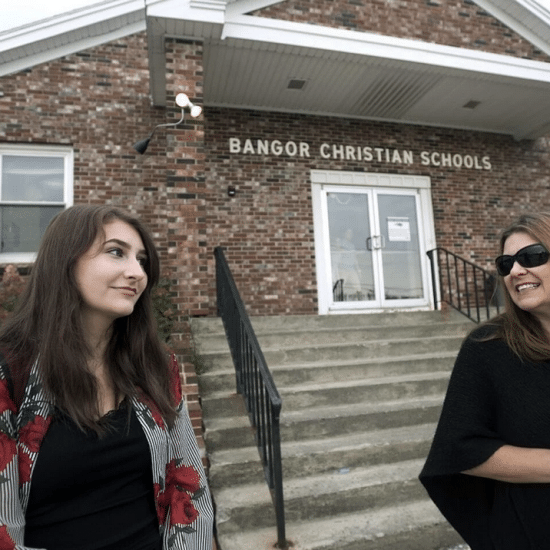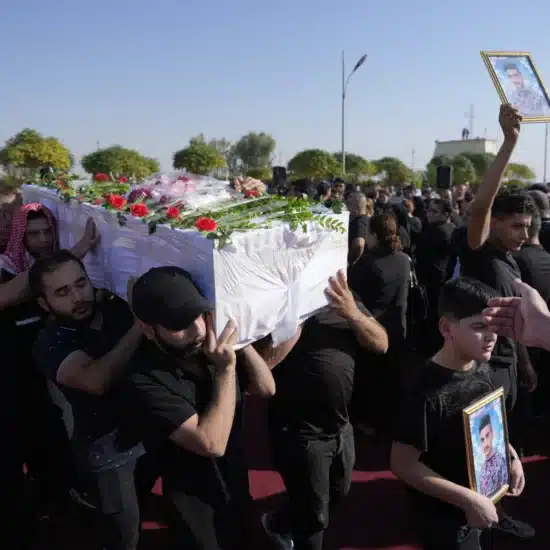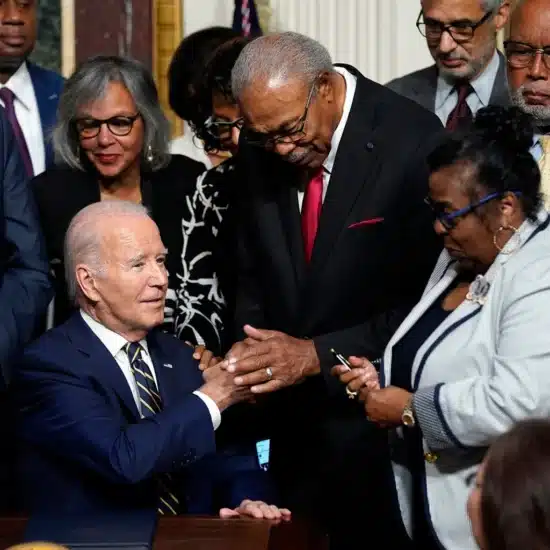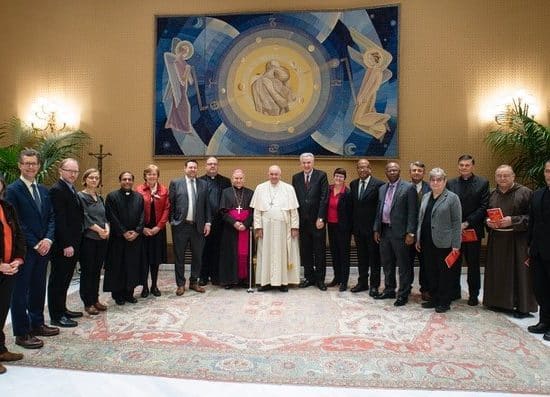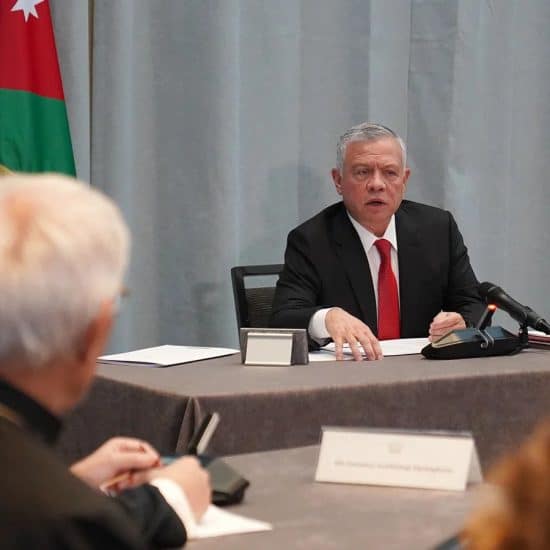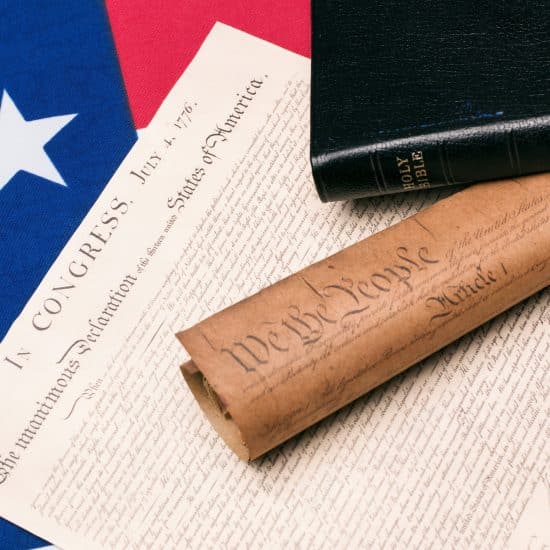WASHINGTON (RNS)—An earthquake and a hurricane interrupted plans to honor Martin Luther King Jr. in the nation's capital, but religious leaders and civil rights veterans said King's legacy is unshakable.
The Aug. 27 interfaith service was the last official event to mark the dedication of the new King memorial on the National Mall after Hurricane Irene caused officials to postpone Sunday's official dedication.
"If Martin Luther King was anything else, he was an obedient servant of the Lord," said Bernice King, who was 5 when her father became a modern-day martyr in the fight for civil rights.
"He often did things not because it was popular, not because it was expedient. … The daddy that I came to know was a servant of the most high God who was obedient to the call of Christ on his life and who moved in the power of the Holy Spirit."
Saturday's religious service was moved to the Basilica of the National Shrine of the Immaculate Conception after a magnitude 5.8 earthquake damaged the Washington National Cathedral. The memorial's official dedication was postponed until September or October as the hurricane threatened the East Coast.
Organizers had anticipated 2,500 people for the invitation-only service but about a thousand sat beneath the basilica's stained glass windows and colorful domes as storm clouds gathered overhead.
Former Ambassador Andrew Young, who worked as a key aide to King, drew on the symbolism of the memorial, in which King's 30-foot sculpture on a "Stone of Hope" emerges from a "Mountain of Despair."
King worked to defeat racism and militarism, he said, but he died fighting poverty.
"As we leave this place of celebration, the statue, remember that the mountain of despair is still there and now it's thrust on all of us," said Young, a former president of the National Council of Churches.
"And as we see his statue hewing out of that mountain of despair, a vision and a stone of hope, you and I must become stones of hope."
The service, which was equal parts solemn and celebratory, became particularly hushed when the lights dimmed and King's own voice was heard, first speaking of the danger of "sleeping through revolution" and later his confidence that "we shall overcome."
Designers of the memorial along the Tidal Basin said they tried to invoke King's "spiritual presence" with inscriptions that include quotes from his sermons and speeches.
"If we are to have peace on earth, our loyalties must become ecumenical rather than sectional," King said on Christmas Eve 1967 in Atlanta, in one of the 14 quotations inscribed on the sloping walls on the memorial site.
"Our loyalties must transcend our race, our tribe, our class, and our nation; and this means we must develop a world perspective."
Joseph Lowery, a civil rights veteran who worked closely with King, said he anticipated the memorial even as he gave the benediction at the 2009 inauguration for the nation's first black president.
"You know, God moves in a mysterious way, his wonders to perform," said Lowery, who co-founded the Southern Christian Leadership Conference with King. "We have come to the joy of a new beginning."

